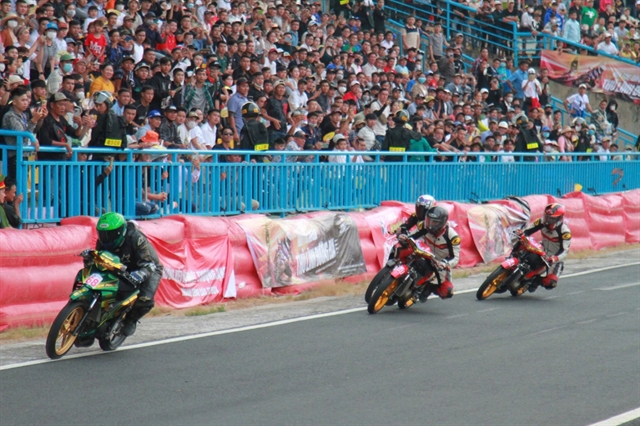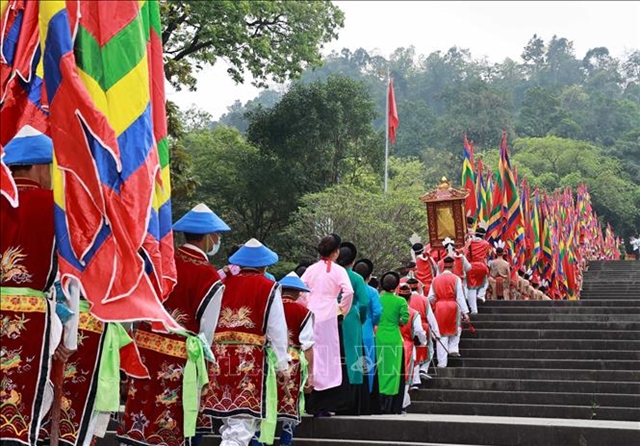 World
World

BAMAKO — Talks gathering some 30 African states and France begin in Mali’s capital Bamako on Friday, with leaders expected to focus on Africa’s battle against jihadists and bid to improve its democratic record.
The summit, also due to take in the migrant crisis, will see foreign ministers gather first, with heads of state expected to follow on Saturday, according to Malian and French conference organisers.
Many of the nations taking part were once ruled by France, which in recent years has boosted its military involvement in the continent. Several English-speaking African countries will also be present.
In a bid to help crush the growing jihadist threat, France has trained more than 20,000 African soldiers every year since a Paris summit in 2013, a French diplomatic source said.
Between now and 2020, the number of French-trained troops should reach 25,000 a year, the source added.
France’s training drive aims to minimise the need for direct military interventions in African conflicts, such as those launched in Mali and Central African Republic in 2013.
African troops are being trained at France’s military bases in various nations on the continent, including Senegal, Djibouti and Gabon.
But even as France moves to scale down its direct involvement in African conflicts, the situation in key nations such as Mali remains far from stable.
Despite a French military intervention launched in 2013, Malian soldiers have been unable to establish control over desert terrain in the north, cradle of an Islamist insurgency.
Since 2014, France has deployed some 4,000 soldiers in the Sahel region south of the Sahara desert, where Mali is located, as part of the Barkhane force.
Also deployed in Mali is a UN mission which has proven to be the world’s most dangerous. The mission known as MINUSMA is tasked with monitoring a peace deal between the government and northern rebels.
Democracy vs. security?
Heads of state and diplomats attending the two-day talks will also discuss a string of recent political crises in African nations.
Among them is The Gambia, where President Yahya Jammeh is seeking to stay in power after his December 1 election defeat, despite pressure from his African peers.
Also on the agenda is unrest in Democratic Republic of Congo, where President Joseph Kabila’s refusal to step down has sparked a political crisis.
Analysts however are critical of the French government’s failure to follow through on pledges to scale down alliances with strongman leaders.
Though President Francois Hollande had vowed to put an end to Africa-linked practices branded by critics as neocolonial, the country’s involvement in the battle against jihadists has left his government deeply entrenched in the continent.
"The focus on security has made it necessary to maintain alliances with governments that don’t necessarily have good human rights records," said researcher Philippe Hugon.
Migrant flow
Leaders meeting in Bamako will also discuss the huge flow of migrants from Africa to Europe, a diplomatic source said.
While European nations have pledged to increase aid to Africa in hopes of stemming economic migration trends, France is expected to sharply up its own pledges at the summit.
A French diplomatic source said Paris is expected to increase its annual aid and loans commitment to African nations by a billion euros to five billion (US$5.3 billion) over the next three years.
While an EU-Turkey deal in place since March last year has largely capped the migrant influx into Greece, arrivals on Italy’s shores of mainly African asylum seekers have spiked.
A summit in the Maltese capital Valletta in November 2015 saw EU leaders agree with their African counterparts to set up a 1.8-billion-euro fund to help address the root causes of migration.
In return, African countries would step up border controls and accept the repatriation of those who make it to Europe but are judged to have no right to remain. — AFP


.jpg)

